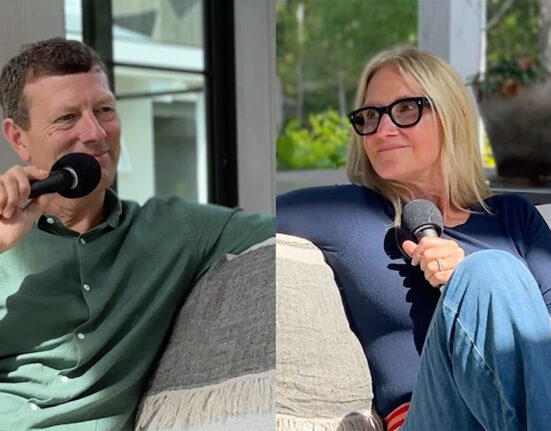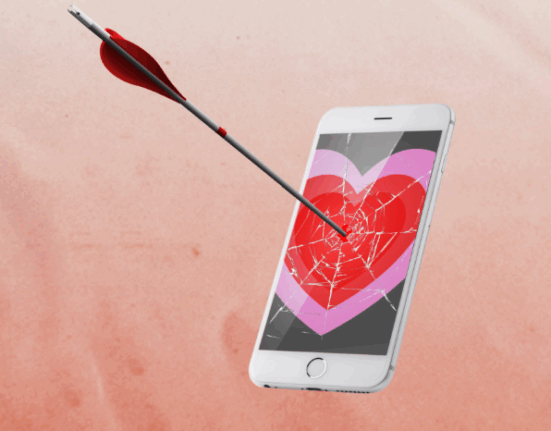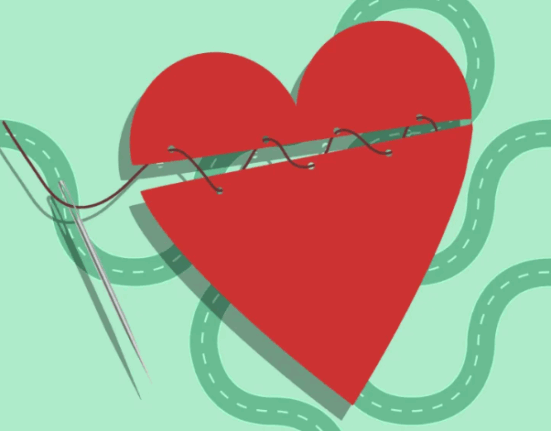Last Updated on December 29, 2022 by Rachel Hall
When I first heard the term “tiny relationships”, I thought that was just a fling. Turns out it’s not: the definition of tiny relationships is the casual bonds we form with strangers or acquaintances. Think of your neighbours, the people who work at your local shops, your post, and some work colleagues from a different department. Sure, you could ignore them and keep to yourself, but there’s evidence to suggest that small interactions with others improve your mental health and make you feel less lonely.
Random acts of kindness
I remember being fired from a kitchen job. Anyone who’s worked in a kitchen will tell you that the pay is awful, the turnover is incredible and the environment is a nightmare. As I stood, having just finished a 16-hour shift, sobbing on the phone to my mother and waiting for a bus, someone handed me a tissue and offered me their seat. Nearly ten years later, I still remember that little act of kindness and appreciate that a stranger saw me struggling and tried to help, without knowing anything about me or expecting anything in return. Making these short connections and small gestures is one of the best things about being human.

Building a community
Tiny relationships don’t just have to be with people you’ll never see again. As more and more people decide they like to shop online, there’s still a dedicated community of people, mostly older, who regularly visit physical stores. Perhaps they’re lonely, or perhaps they can’t work out how to use eBay. Over time, they build connections with the people who work in the shop and fellow customers, and their social network and sense of community improve. Humans are innately social beings – you don’t need a psychologist to tell you that – and isolation is simply not natural for us. I remember being in a shop and watching a customer hug the cashier, who immediately asked how the customer’s husband’s cancer treatment was going. Community support is crucial, and I think both the customer and the cashier appreciated their tiny relationship.
Tiny relationships are for everyone
There are, of course, introverts. Perhaps they would feel less keen to strike up a conversation with a fellow passenger on a train, but that doesn’t mean they don’t have tiny relationships as well. Their potential happiness might actually come from weak social ties, like the familiarity of their neighbourhood, where people know them and they don’t need to make an effort to be understood. Quiet companionship is so important, and smiling at someone you regularly see is still a tiny relationship.
Don’t be weird
Clear boundaries do need to be established. As someone who’s been socialised as a woman, I often get the creeps from men acting over-familiar. I appreciate, too, that some people aren’t comfortable around others and are afraid that they’ll either under or overdo friendliness. I think the best advice I can offer is to reciprocate what is offered. If someone keeps their headphones in, leave them alone. If they aren’t responding to your attempts to start a conversation, respect their boundaries. Most importantly, remember people who see you when they’re at work are probably encouraged to be friendly and don’t presume too much.

It’s about perception
Tiny relationships are interesting because some people seem to be keener to form them and do so automatically. I will happily chat with almost everyone I come across, about whatever is going on. My partner is much more reserved and tends to keep to himself. Some people will find me annoying and my partner standoffish, but as long as we’re reading social cues and I’m not bothering someone who would rather just sit quietly, does it matter? Tiny relationships make people happier and make communities stronger. They’re a good way of sharing information and allowing individuals to assist people who need help.
Conclusion
Shortly after reading about tiny relationships, I went out to do some Christmas shopping and ended up waiting for an hour at a bus stop because of seasonal traffic. It was cold and miserable, but I ended up talking to a man. It was an interesting conversation, and I’m glad it happened. He told me that he’d grown up in Latvia, which was occupied by soldiers during the second world war. One of them clearly made an impression, and when his family visited the soldier’s home town, they found the soldier’s family and asked after him. Apparently, the soldier disappeared, and they didn’t even realise he had been in Latvia. This was the last thing the soldier’s family knew he did. So tiny relationships are essential and make us happier, but they can also offer someone closure or information about their son’s last days, just based on a chance conversation.

Rachel Hall, M.A., completed her education in English at the University of Pennsylvania and received her master’s degree in family therapy from Northern Washington University. She has been actively involved in the treatment of anxiety disorders, depression, OCD, and coping with life changes and traumatic events for both families and individual clients for over a decade. Her areas of expertise include narrative therapy, cognitive behavioral therapy, and therapy for traumatic cases. In addition, Rachel conducts workshops focusing on the psychology of positive thinking and coping skills for both parents and teens. She has also authored numerous articles on the topics of mental health, stress, family dynamics and parenting.








Leave feedback about this